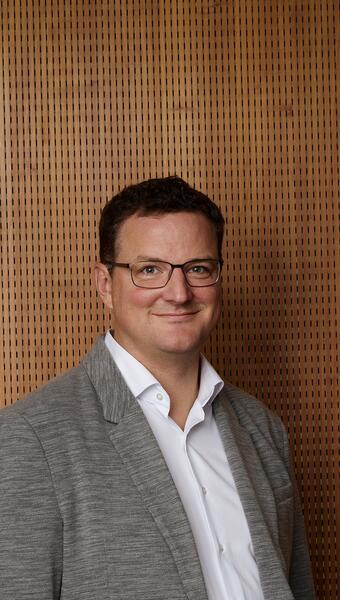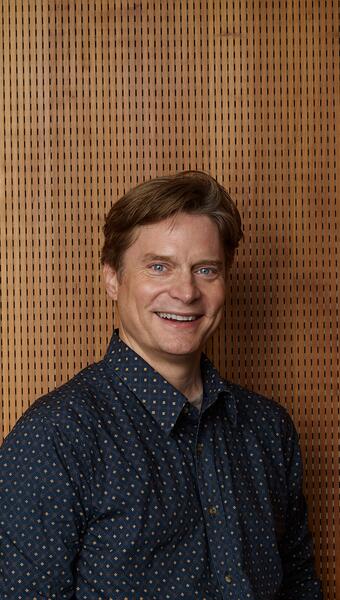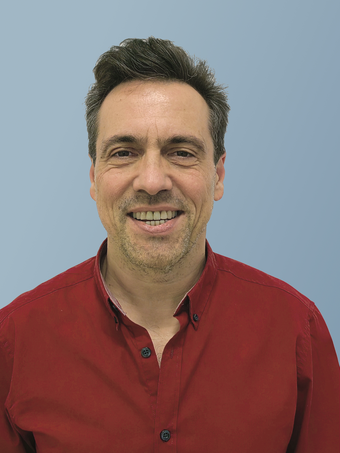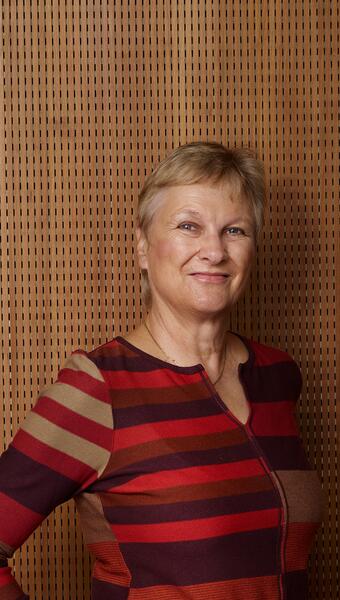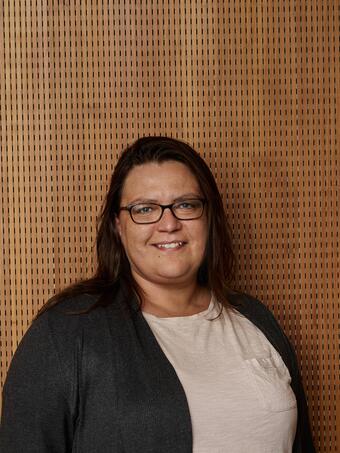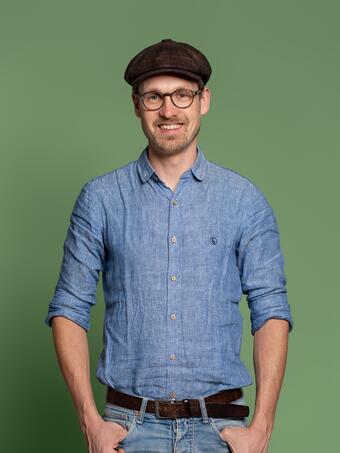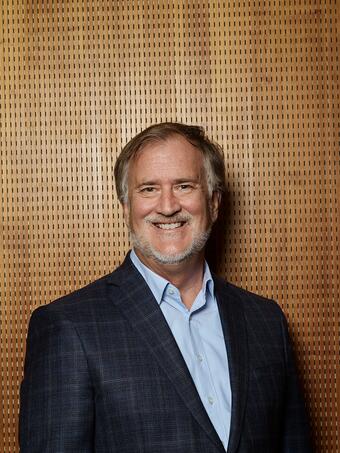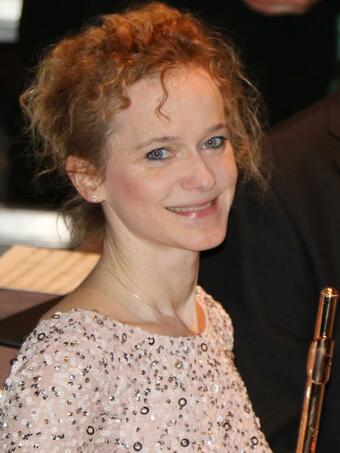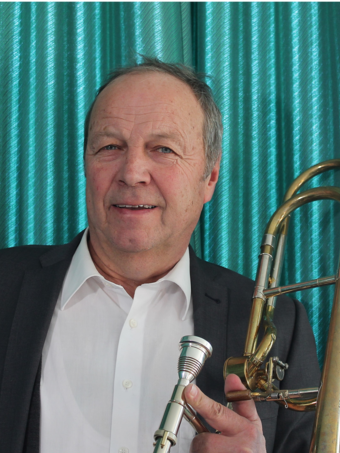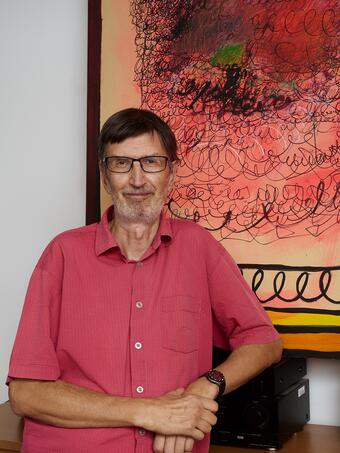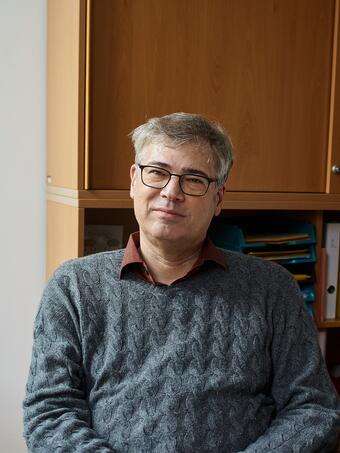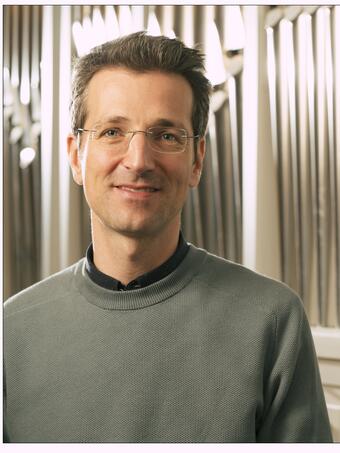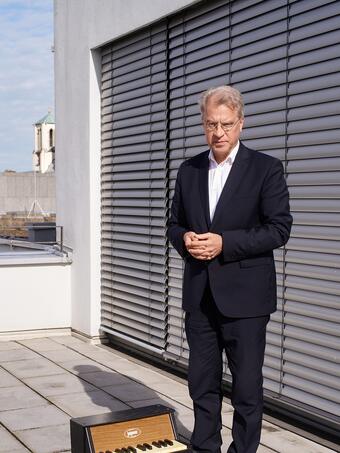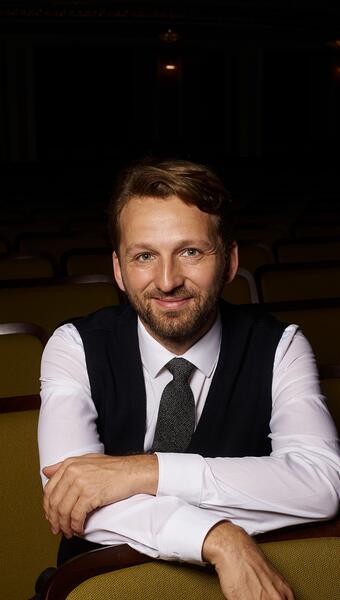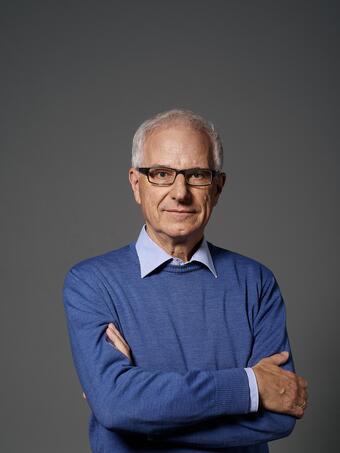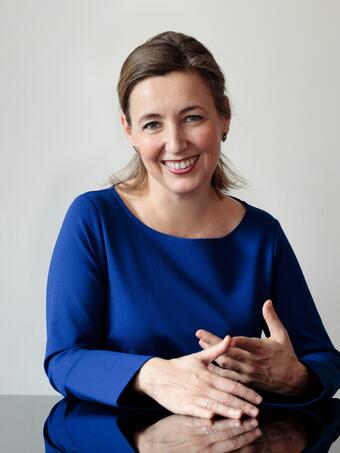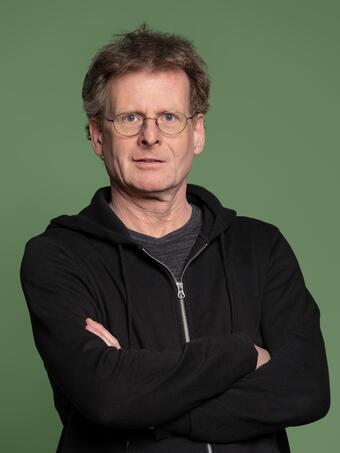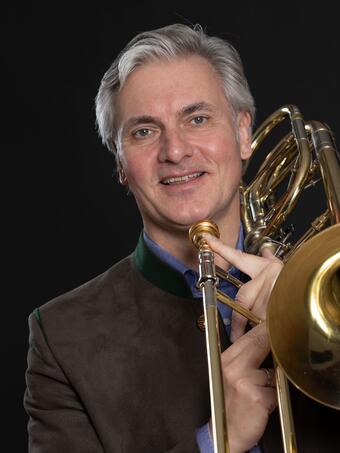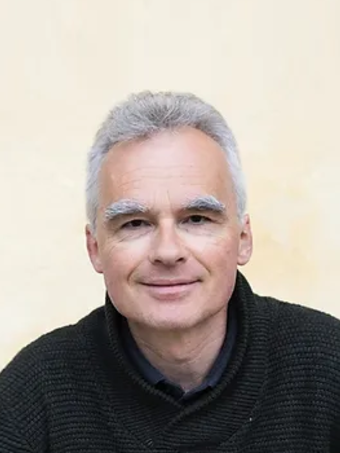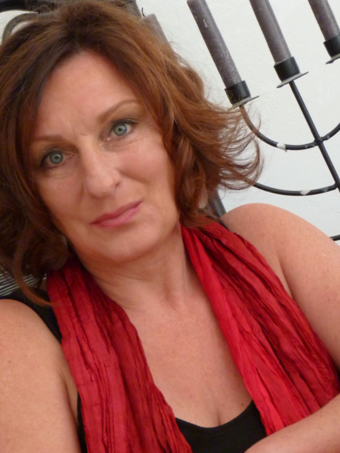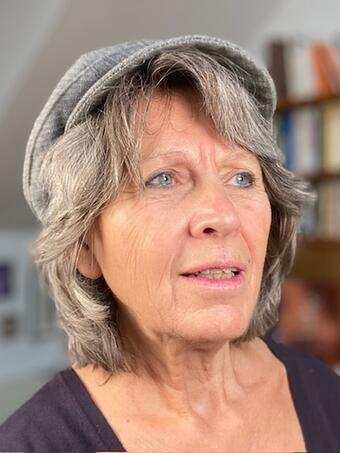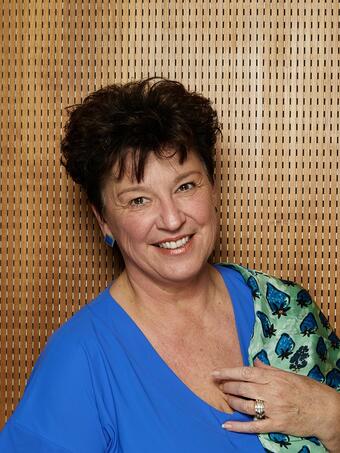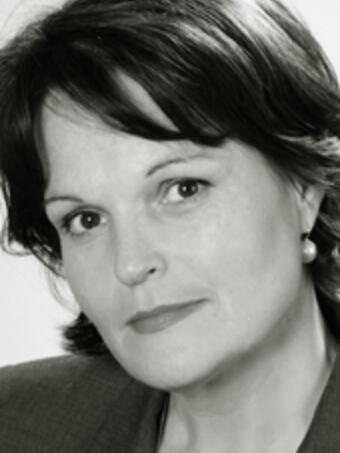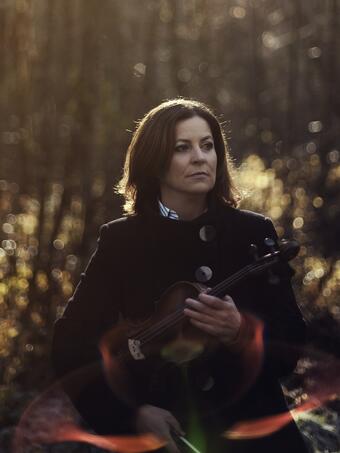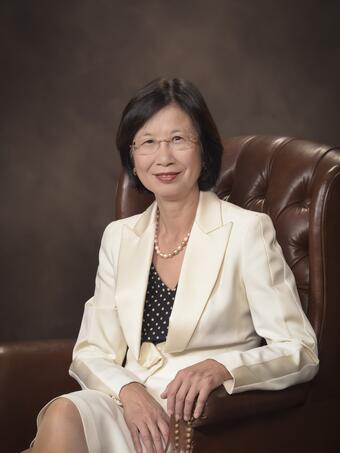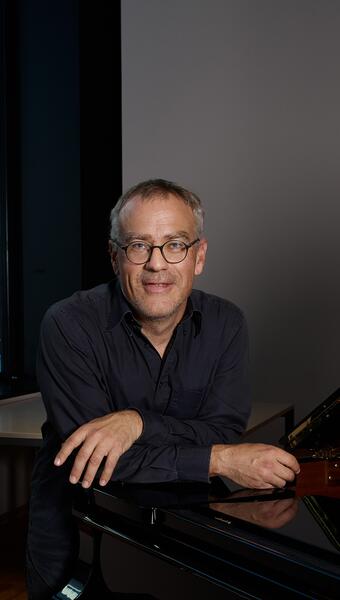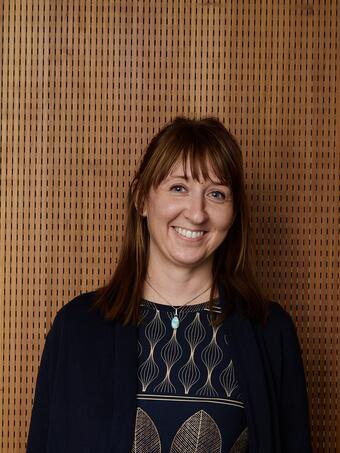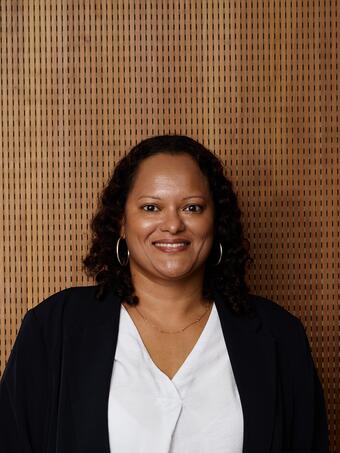Teacher Training for Instrumental Music Education
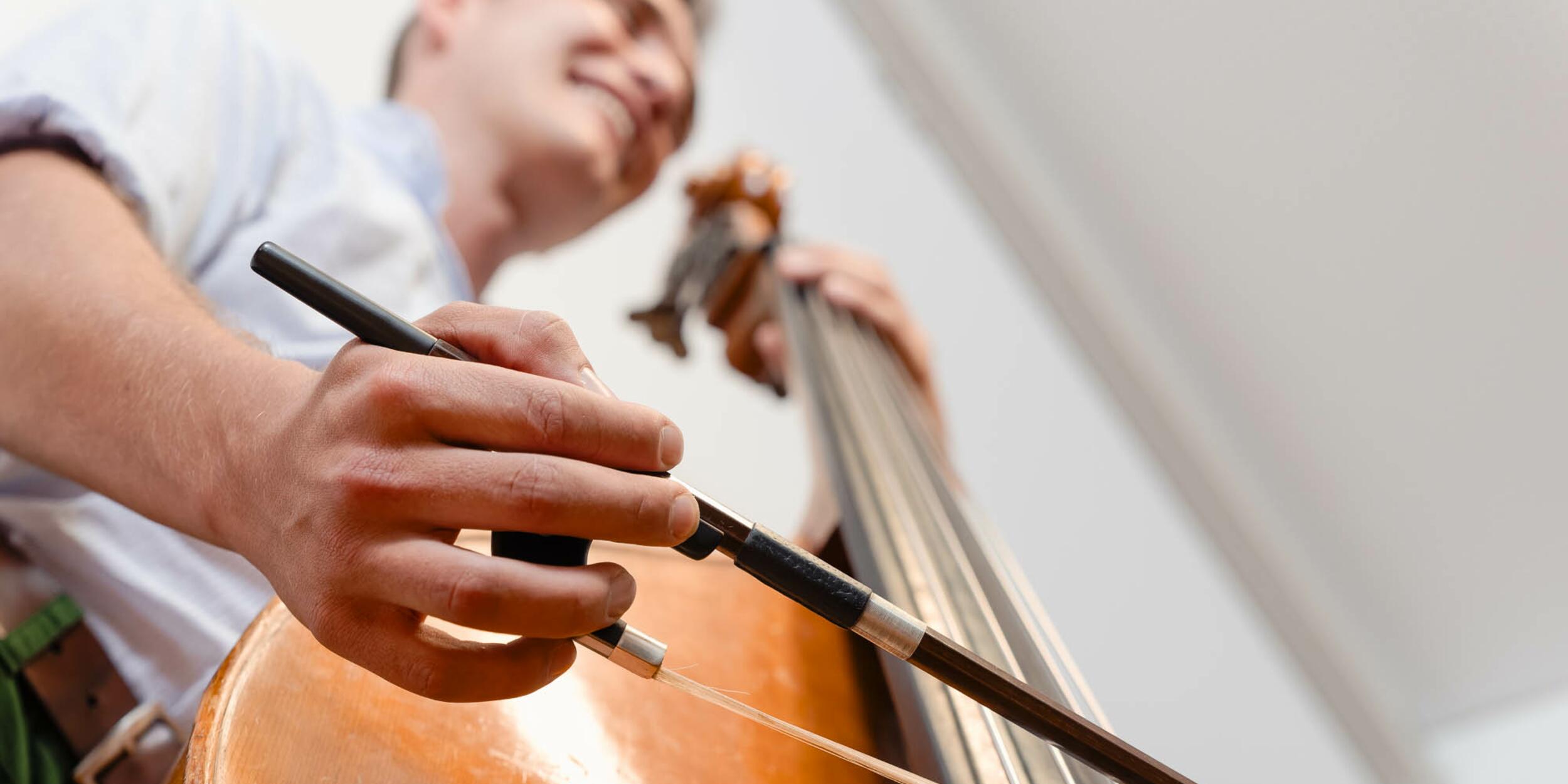
Overview
In the bachelor's degree program in instrumental music education, students focus primarily on the two instruments they have chosen, while didactic courses teach them how to teach the instruments. In addition to in-depth training in music theory and musicology, instrumental didactic courses show how playing, learning and practicing on a musical instrument can be successful.
Study & Examination Management
+43 676 88122 492
studienabteilung@moz.ac.at
Length
8 semesters / 240 ECTS-AP
Language
German
Registration deadline
1.2.–28.3.2024
Admission examinations
Summer semester of each year
to the dates
Downloads
Information Events
-
24.5.202401:00 pmOnlineCheck Up Piano & Check Up Voicewith Gereon Kleiner (piano in IGP / ME / IME for major or compulsory subject) & Regina Prasser (voice in IGP / ME / IME for major or compulsory subject). An audition will be organised in one or both subjects as a final check-up before the entrance exam.Info event· Free entry (Opens in new tab)
-
-
20.6.202407:30 pmOnlineMusic theory Q&A sessionwith David Paulig. You can ask your individual questions about the procedure and content of the entrance exam in music theory and aural training. Online registration: https://bit.ly/MusiktheorieFragestunde2024Info event· Free entry (Opens in new tab)
Study & Occupational Fields
The teacher training programme for secondary education (general education) consists of a Bachelor's and a Master's programme and trains students to become teachers in the chosen teaching subjects.
The planned duration of the Bachelor's degree programme in Secondary Education (General Education) is 8 semesters. In principle, two teaching subjects must be chosen, which are supplemented by general educational science basics, free elective subjects and integrated pedagogical-practical studies. The teaching subject Music Education can be combined with any teaching subject.
Students receive individual tuition from first-class teachers on their chosen instruments and can develop both artistically and in terms of music education. Accompanying the artistic and music-theoretical training, the focus is placed on the subject of music in school from the very beginning. In the subject didactic courses, methods and concepts for teaching music are taught and, among other things, listening education, digital media and practical music making are addressed.
The study programme is oriented towards both the state of the art in the development of the arts and the state of research in the sciences involved, and refers to the curricula of secondary and higher schools and the general and holistic educational goals contained therein.
Special features at the Salzburg location:
- The study location Salzburg offers a first-class musical education at an art university with world fame and international flair.
- The cooperation between the art university, the university and the teacher training colleges enables a comprehensive music pedagogical education
- The Mozarteum University is the only art university in Austria that encompasses all academic art disciplines: Music, Fine Arts, Performing Arts and Dance. At the Salzburg location, students benefit from a wide range of cooperation and exchange opportunities.
General study information
The teacher training programme at secondary level (general education) is carried out in cooperation with the following partner institutions (Entwicklungsverbund Cluster Mitte):
Salzburg location
- Paris Lodron University Salzburg (PLUS)
- Salzburg University of Teacher Education (PHS)
- Edith Stein University of Teacher Education (KPH)
- University Mozarteum Salzburg (MOZ)
Location Linz
- Johannes Kepler University Linz (JKU)
- University College of Teacher Education Upper Austria (PH OÖ)
- Private University College of Education of the Diocese of Linz (PHDL)
- Linz University of Art and Industrial Design (UFG)
- Anton Bruckner Private University (ABPU)
- Catholic Private University Linz (KU Linz)
You should...
- be passionate about singing and making music and have perseverance in practising.
- enjoy making music together in ensembles
- be enthusiastic and passionate about art and its communication
The aim of the Bachelor's degree programme is to prepare students for the profession of teacher at secondary and higher schools. A teaching qualification can only be obtained by consecutive enrolment in the corresponding Master's programme. In addition, the Bachelor's programme opens up further professional fields, such as extracurricular youth education, adult education, cultural and media work, etc.
The study programme should also contribute to the students' personality development and the development of social competences. Students should, after completing the BA teaching degree in the subject Music Education:
- experience and recognise music as a sound phenomenon, as a sound phenomenon subject to certain laws and as a medium of expression anchored in a historical and socio-cultural context
- have a variety of artistic means of expression at their disposal (instrumental, vocal, using movement)
- have knowledge and skills in the fields of music education, musicology, music theory and musical practice and be able to network the sub-disciplines
- be able to work on scientific questions concerning music education and music-related disciplines within the framework of scientific work under appropriate guidance using the corresponding research methods
- be able to present music in its manifold possibilities of use at least in outline (as a soloist and in an ensemble) and to make it usable for teaching purposes
- be able to guide others to express themselves musically.
The range of subjects should enable future teachers to facilitate musical encounters in production and reception for a wide range of learning groups. The degree programme qualifies students to teach at:
- New secondary school
- AHS Lower School
The artistic main subjects (1st and 2nd KHF) can be chosen from the following list:
- Recorder
- Diatonic harmonica
- Bassoon
- Singing
- Guitar
- Dulcimer
- Harp
- Horn
- Clarinet
- Piano
- Double bass
- Oboe
- Organ
- Trombone
- Transverse flute
- Saxophone
- Percussion instruments
- Trumpet
- Tuba
- Viola
- Violin
- Violoncello
- Zither
In order to be admitted to the Bachelor's programme, various certificates and examinations are required:
- general university entrance qualification (e.g. Matura, Abitur, high school)
- command of the German language (at least level B2 - Common European Framework of Reference CEFR 2001)
- positive participation in the general admission procedure for the teacher training programme in the Central Cluster
- positive passing of an admission examination to determine the artistic-pedagogical maturity.
Within the framework of the Bachelor's degree programme Music Education, piano and voice as well as an artistic main subject must be studied, whereby various artistic main subjects are offered. All instruments offered at the location as well as singing, dance and choral conducting can be chosen as artistic main subjects. If piano or singing is chosen as an artistic major, a third instrument is not required. The choice of instrument must be indicated when registering for the entrance examination.
The subject Music Education is to be combined with a second subject. The combination with the teaching subject Instrumental Music Education at the Mozarteum University is possible and requires proof of artistic performance on two instruments within the framework of a separate admission examination.
You can register for the entrance examination via the registration portal for applicants.
Link to the registration deadlines
Link to the examination dates
Registration may only be made for one development association, Central (for Salzburg and Linz) or Western (for Innsbruck). Multiple registrations at different locations are not permitted and will be cancelled.
When registering in the development alliance Cluster Mitte, the location (Salzburg or Linz) must be specified in the application in the above-mentioned registration portal.
Necessary documents for online registration
- Curriculum vitae in tabular form with photo
- Letter of motivation (approx. one DIN A4 page)
- School leaving certificate or last school report
- (final) certificates as well as examinations and transcripts of records of all previous artistic and/or pedagogical studies
- Proof of German language proficiency, if applicable
Form of the documents
- The documents can be uploaded as PDF files in the application form.
- If the documents mentioned are not available in German or English, an official translation must be submitted.
The artistic entrance examination
Partial examinations are to be taken in the following areas:
- First artistic main subject
- Second artistic main subject
The examination requirements are regulated in the guidelines, information on the German language certificates can be found HERE.
The admission examinations in the Artistic Main Subject (KHF) are held together with the admission examination Instrumental Studies for some instruments. Please note the date information outside the deadline of the admission examinations for teaching profession, subject musicianship/instrumental musicianship. All other partial examinations take place on the announced examination date.
Any questions?
Here you can find more information about starting your studies:
